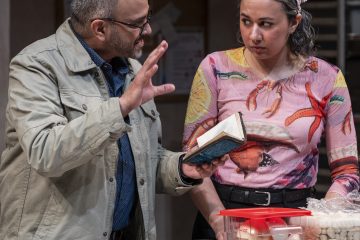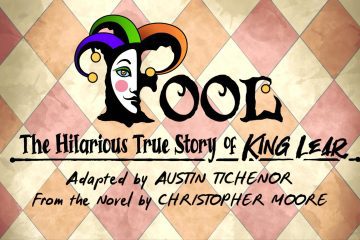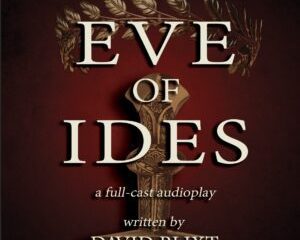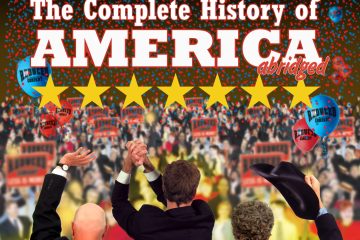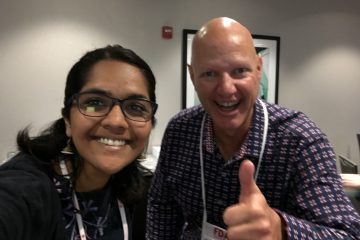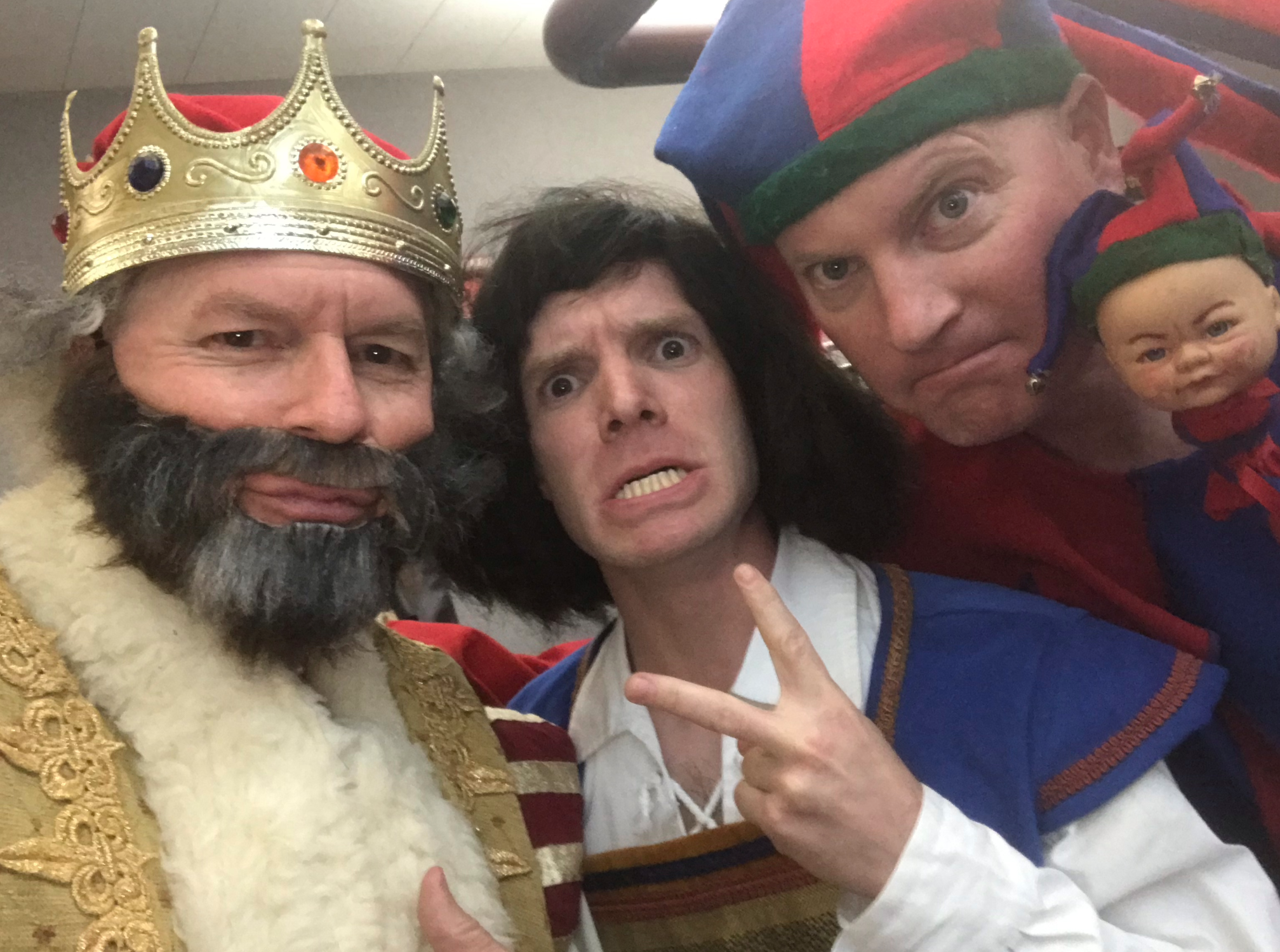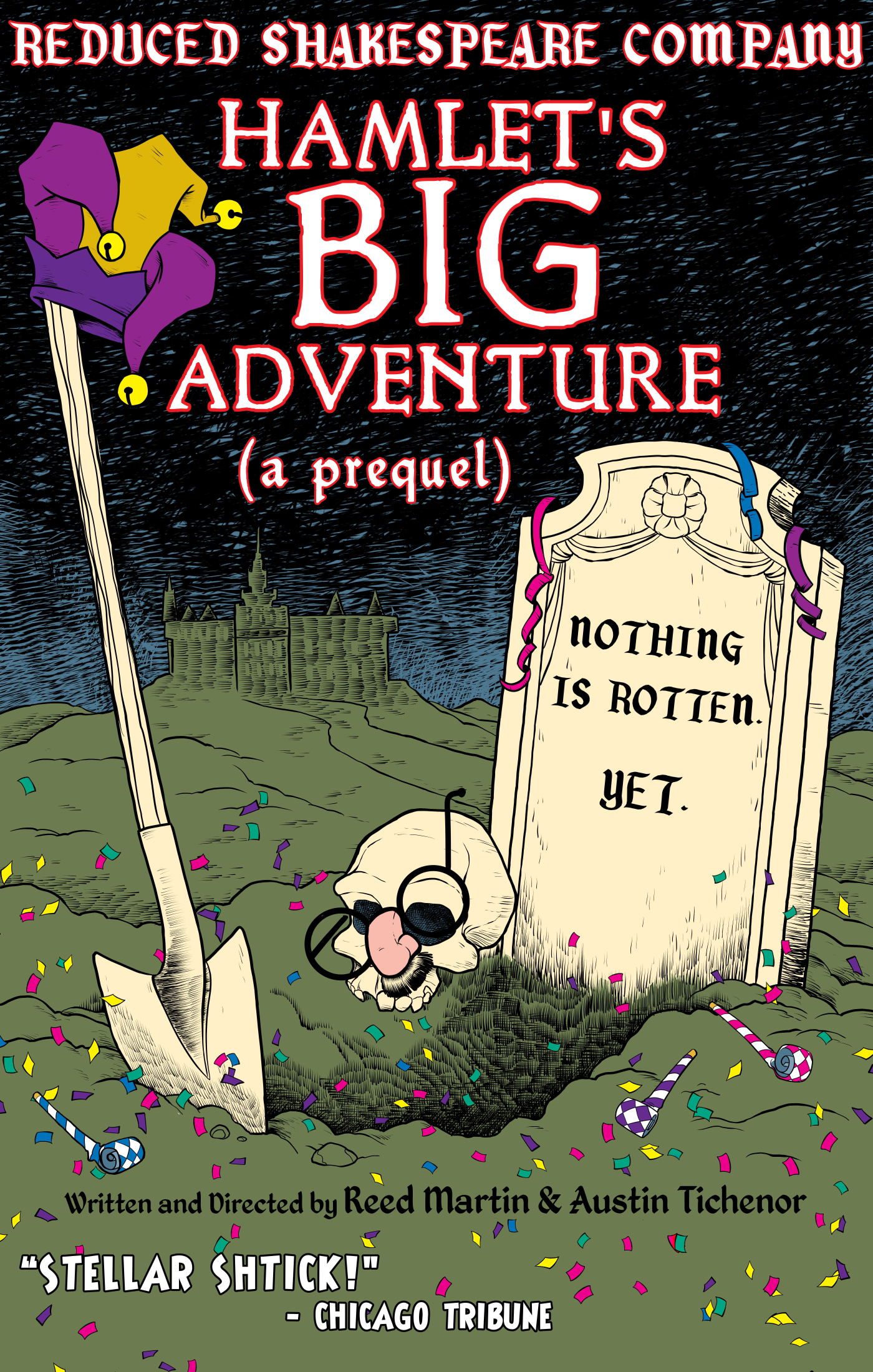Dhaba On Devon
Playwright and screenwriter Madhuri Shekar returns to talk about Dhaba on Devon Avenue, now having its much-delayed world premiere at Chicago’s Writers Theatre in a co-production with Timeline Theatre. Shekar reveals the comic book origin stories of both herself and the play; the happy accident of writing a family play that resonates with older audiences; how Shakespeare and Bollywood have much in common; how superhero films have taught us important history our schools have missed; embracing the unintentional gift of time; and the Proustian power of a saag grilled cheese sandwich. (Length 20:32) (PICTURED: Anish Jethmalani and Tina Munoz Pandya in the Writers Theatre/Timeline Theatre co-production of Dhaba on Devon Avenue by Madhuri Shekar, directed by Chay Yew. Photo by Michael Brosilow.)
Podcast: Download (Duration: 20:32 — 23.6MB)
